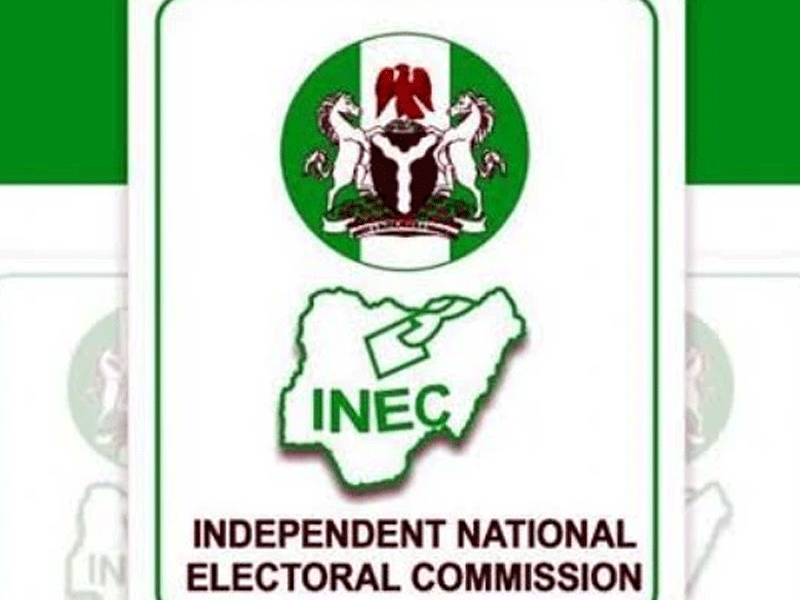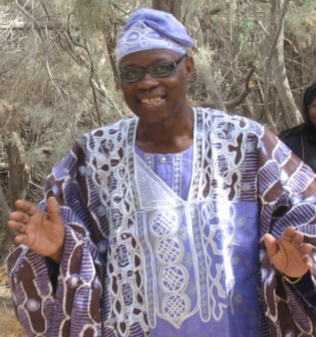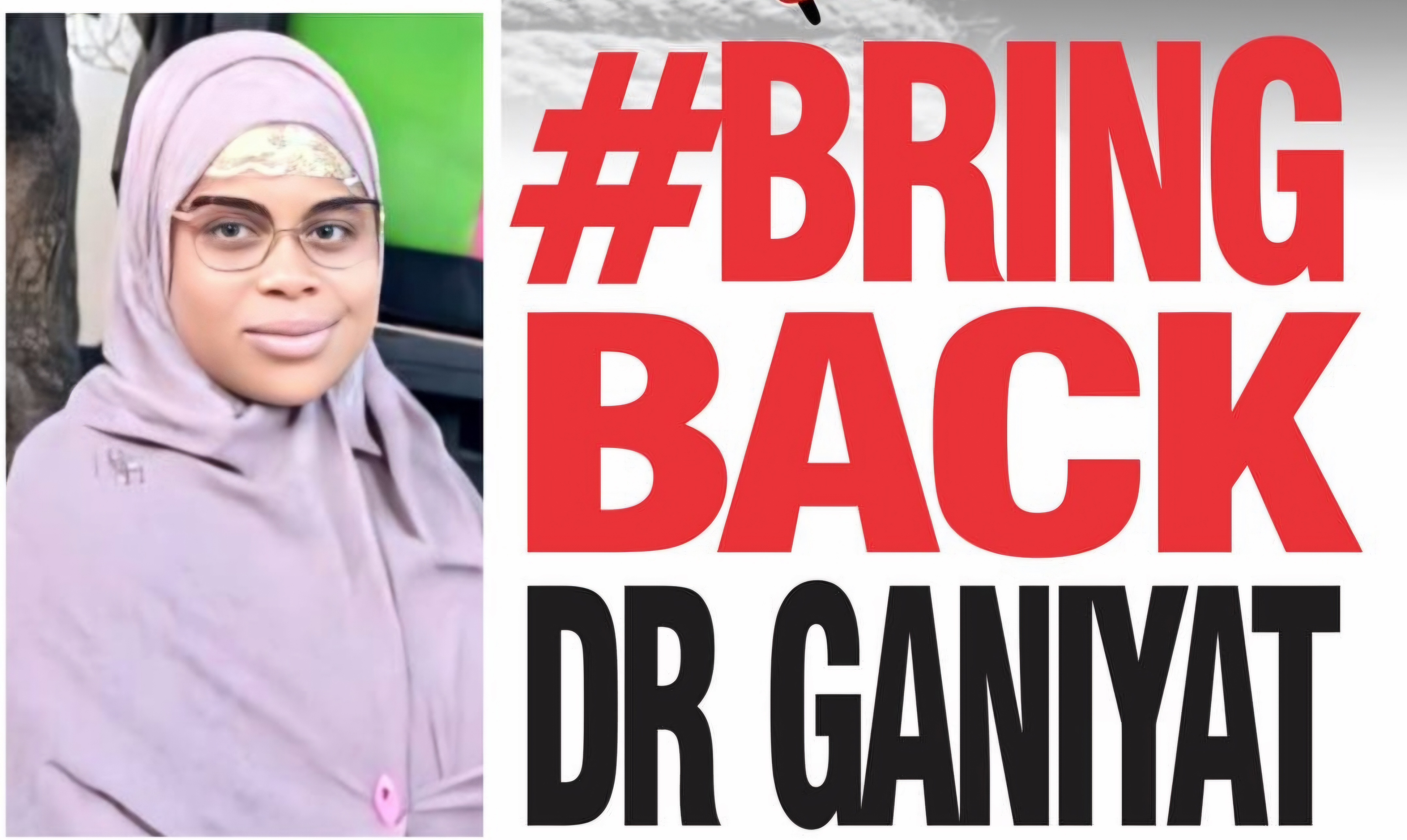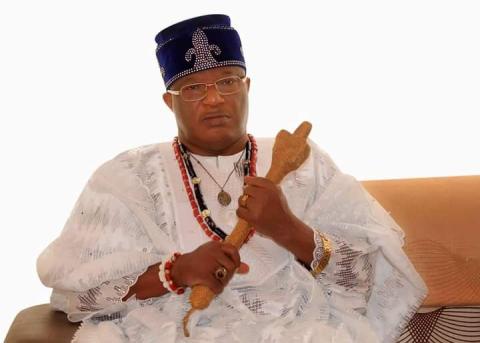
Breaking News: Unilorin Alumi Association: 'We were warned' - Opinion
Breaking News: Breaking: Court Restrains Oyo Assembly from Further Impeachment Process Against Makinde’s Deputy, Olaniyan
Breaking News: Labour leaders physically assault Ogun journalists for covering strike, harass hospital workers
Breaking News: Congratulations Asiwaju – Osinbajo’s spokesperson accepts defeat
Breaking News: Finalissima: Messi steals show, beats European Champion, Italy
With 60 million Nigerians, or 33 percent of the population lacking access to clean water, stakeholders have decried the trend,and called for improved access to clean water and sanitation to curb waterborne diseases.
They noted that unclean water and poor sanitation contributes to high prevalence of waterborne diseases and impacts education, health and the national economy.
The advocates spoke at a recent World Water Day stakeholders’ forum jointly organised by Ogun State Ministry of Environment and Nestlé Nigeria to address the Water Sustainability challenges in Ogun state.
World Water Day, held annually on March since 1993, focuses on the importance of freshwater.
World Water Day celebrates water and raises awareness for the 2.2 billion people living without access to safe water. It is about taking action to tackle the global water crisis.
The theme for this years’ event is “Groundwater: making the invisible visible’.
Groundwater constitutes an important source of water for domestic supply and agriculture in Nigeria.
According to the stakeholders, domestic consumption and industrial needs place a huge burden on this valuable yet limited resource. Access to clean water and improved sanitation facilities is a daily challenge for many Nigerians, as 60 million Nigerians, or 33 percent of the population, do not have access to clean water according to available statistics. This contributes to high prevalence of waterborne diseases and impacts education, health and the national economy.
Commenting, Engr. Noimot Salako- Oyedele, Deputy Governor of Ogun State, represented by Hon. Kola Salako, Senior Special Assistant to the Governor said, “World Water Day is a day in which the future of one of the most essential natural resources is explicitly reviewed for the good of the generations to come. Water is vital for survival.
"It is the life blood of human existence and our economy, hence, proper management of this resource is crucial. I encourage all stakeholders in the water sector to cooperate with the Ministry for appropriate and sustainable management of water resources in the state”.
On his part, Engr. Razak Ojetola, Permanent Secretary, Ogun State Ministry of Environment, commended Nestlé Nigeria for collaborating with the Ministry on the maiden World Water Day celebration in the State and for the strides of the company around water
sustainability.
He emphasised the commitment of the Prince Dapo Abiodun led administration to the actualization of access to clean water and sanitation for all in line with Sustainable Development Goal 6 and the sustainability of groundwater resources which is reflected in the establishment of the Ogun State Water Supply (Ground Water Quality Control) Regulations 2017.
In a statement at the forum, Wassim Elhusseini, MD/CEO Nestlé Nigeria PLC represented by Category and Marketing Manager Nestlé Waters, Gloria Nwabuike, said, “Water is a shared and precious resource that we need to manage sustainably and conserve for everyone, today and for generations to come.
"The sustainability of shared water resources depends on all water users working together locally to address the shared water challenges, be it scarcity, quality or access. At Nestlé, we are committed to responsible water resource management as we rely on water throughout our supply chains and operations.
"We therefore recognize our role in helping to ensure access to safe water and sanitation in communities near our operations and will continue to invest in responsible water stewardship in our factories.
"Our approach to sustainable water management is in line with the globally recognized Water Stewardship framework – ‘the AWS standard’ ensuring water-related best practices in our operations.
"We have committed to certify all our water sites to the AWS standard. Our Agbara site attained this status in 2021 and our Abaji factory will be certified in 2022.”
“Our partnership with the Ogun State Ministry of Environment for this years’ celebration is in line with our commitment to work together with local and global stakeholders to address shared watershed challenges,” he added.
This year’s theme, “Groundwater: making the invisible visible’, draws attention to the hidden water resource that has always been critically important. Groundwater is invisible, but its impact is visible everywhere.
The event also included a panel session particularly focused on Water Sustainability and Conservation in Agbara, with panelists from the private sector companies in Agbara including Nestlé Nigeria PLC, Reckitt Benckiser and Beta Glass as well as the public sector
- Ogun State Ministry of Environment.
This year’s campaign explains groundwater’s vital role in water and sanitation systems, agriculture, industry, ecosystems and climate change adaptation. Also, the rapid population growth especially of urban areas comes not only with planning and infrastructure challenges such as water supply and waste disposal, but also heavy reliance on groundwater.
It is therefore imperative that groundwater governance becomes a focus for all stakeholders (government, private sector, NGOs) with all working together to sustainably manage this precious resource.
Newsletter





We are not gonna make spamming
Copyright By @ HorizonTimes - 2026
BACK TO TOP